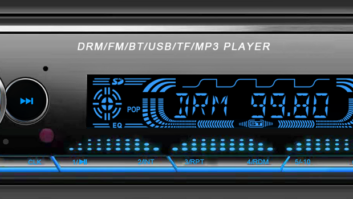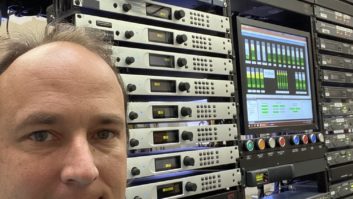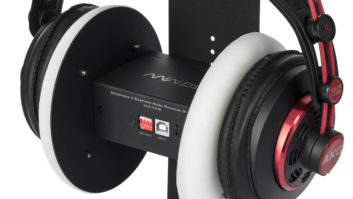Brett Moss is gear and technology editor.
If you can get past the typical breathless Fast Company “We just discovered this therefore it is important” approach, the requisite Good Housekeeping Seal of Approval from elite universities and the disturbingly large number of highly debatable statements concerning the current state of digital musical technology (equated with the ‘Stone Age’), a recent article from Fast Company, “The Echo Nest Makes Pandora Look Like a Transistor Radio,” is an interesting appetizer. Oh, ignore the gratuitous slaps at Pandora too.
The Echo Nest presents itself as a music research site. A vast music research site that looks to be placing itself as a spring for app builders rather than the proprietary Pandora-slayer the article seems to imply. On that front it’s yet another knife carving up the traditional way that we approach entertainment.
Accordingly, The Echo Nest collects data, Google-like, on a daily basis from spiders scouring the net for new tunes and comments about new tunes and bands. Supposedly The Echo Nest has a “30 million song data set” with everything from timing and key of songs to listener and artist data. Pretty impressive though one might begin to feel there could be data overload and garbage-in/garbage out problems to be handled.
No matter, most any effort at increasing musical research and improving the quality of music research needs to be taken seriously. The Echo Nest says that its research is free to other music researchers.












